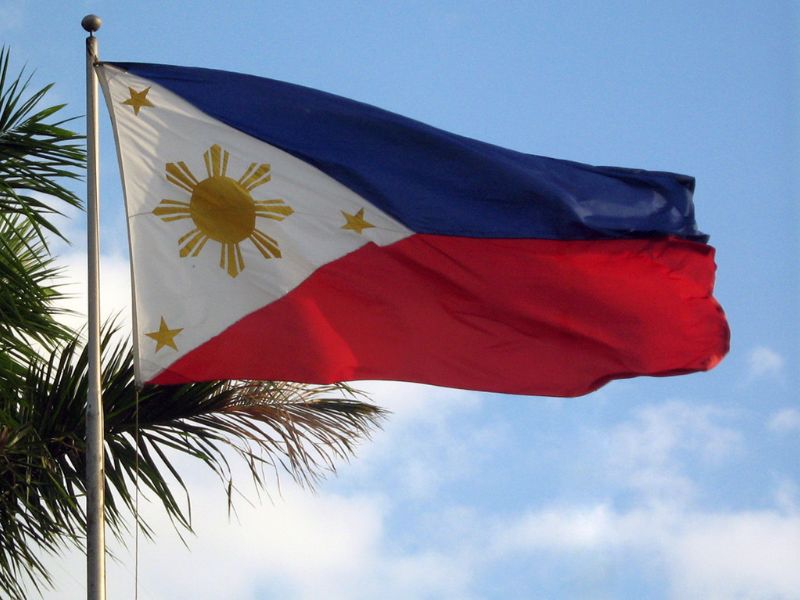Marcos Signs Law Expanding Sharia Courts Across the Philippines, Raising Concerns Among Christians

10/8/2024 Philippines (International Christian Concern) — President Ferdinand R. Marcos Jr. recently signed Republic Act (RA) 12018 into law, expanding the Sharia judicial system in the Philippines by creating three new judicial districts and 12 additional circuit courts nationwide. This development amends the original Articles of Presidential Decree (PD) 1083, the Code of Muslim Personal Laws of the Philippines, significantly increasing the reach of Sharia law.
The newly signed law, dated Aug. 12, 2024, adds three Sharia districts — bringing the total to eight — and spreads the Sharia court system beyond the Bangsamoro Autonomous Region in Muslim Mindanao (BARMM) to other parts of the Philippines. The sixth Sharia district will cover areas in Northern Mindanao and the Davao region, the seventh will encompass provinces in the Visayas, and the eighth district will include Metro Manila and parts of Luzon.
Under RA 12018, the new Sharia districts are designed to manage civil matters, particularly for Muslim communities, related to family law, marriage, and inheritance. The expanded jurisdiction does not cover criminal cases, which remain under the authority of national courts. However, the nationwide spread of Sharia courts has sparked concerns among non-Muslim communities, especially Christians, about its broader implications.
Concerns from Christian Leaders, Interfaith Relations
With the Philippines being predominantly Christian, the expansion of Sharia courts has raised questions about religious pluralism and how these courts will coexist with the country’s secular judicial system. Christian leaders have expressed apprehension about the potential for this expansion to deepen religious divides in regions where both Christians and Muslims reside.
“The introduction of Sharia courts in regions like Metro Manila, Northern Luzon, and the Visayas is something we need to carefully consider,” a Christian pastor from Cebu City said. “We respect the need for Islamic law for our Muslim brothers and sisters, but we also need to ensure that this does not create a legal divide or cause misunderstanding between communities of different faiths.”
There is a growing concern that while the Sharia courts exclusively apply to Muslims, their presence in predominantly Christian regions could create social and political tensions, particularly in areas where interfaith relations have historically been delicate. Christian groups are closely monitoring the implementation of RA 12018 to ensure that their religious freedoms and rights are protected and that the legal system remains inclusive and equitable for all.
A Step Forward for Muslim Autonomy
For Muslim communities, particularly in BARMM, the expansion is seen as a positive step toward greater self-determination. Bangsamoro leaders have praised the law, viewing it as a crucial development in ensuring Islamic principles can guide civil legal matters in more areas of the country.
“The expansion of Sharia courts is an affirmation of our rights as Muslims to govern aspects of our personal and family lives according to our faith,” said an Islamic legal expert in Davao City, the permanent seat of the newly created sixth Sharia district. “It will make it easier for Muslim Filipinos living outside BARMM to access courts that understand and respect our religious laws.”
New Sharia Districts and Locations
The law creates three new Sharia districts in key areas:
Sixth Judicial District — Covering provinces such as Bukidnon, Davao del Sur, Agusan del Norte, and Cagayan de Oro City, with its permanent station in Davao City.
Seventh Judicial District — Encompassing Visayan provinces, including Cebu, Iloilo, Bohol, and Tacloban City, with its permanent station in Cebu City.
Eighth Judicial District — Including Metro Manila, Baguio City, and provinces in Northern and Southern Luzon, with its permanent station in Manila.
These new districts are expected to serve the growing Muslim populations in these regions, making it easier for Muslims outside the BARMM to access Sharia-based civil legal processes.
Implications for National Unity, Religious Tensions
As the law takes effect, the government and religious leaders from all faiths are calling for calm and dialogue. While the expansion of Sharia law is intended to serve the legal needs of Muslim Filipinos, there is a need for careful oversight to ensure that it does not result in greater segregation or tension among religious groups in a country known for its Christian-Muslim diversity.
Christian leaders are urging the government to provide clear guidelines and ensure that the expanded Sharia system does not affect non-Muslims. Interfaith dialogues are also encouraged to foster mutual understanding and respect as the country navigates this significant legal change.
RA 12018 stands as a test of the Philippines’ ability to balance religious autonomy with national unity as the Sharia system expands to new territories, including areas that are predominantly Christian.
To read more news stories, visit the ICC Newsroom. For interviews, please email [email protected].
